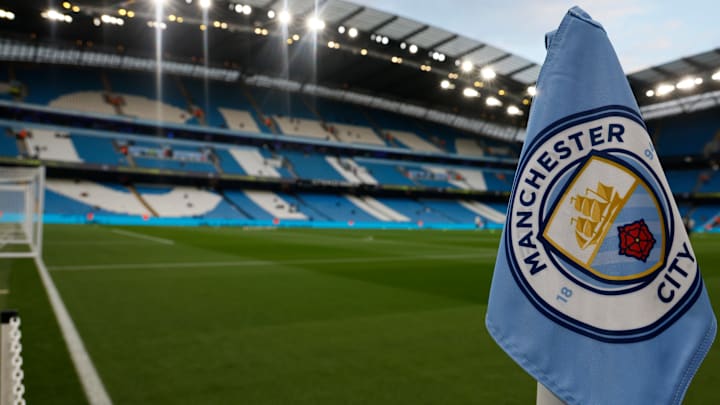On Monday, Manchester City saluted a major victory in their long-running conflict with the Premier League over sponsorship deals and revenues linked to club ownership. In a good turn of events, the Arbitration Tribunal made a ruling for the club by declaring these so-called Related Party Transactions rules illegal. This victory eases the pressure on City concerning financial fair play allegations and throws into question economic control by the Premier League.
Follow Playing for 90 on X (Twitter).
A lull in the storm
Though this decision isn't directly related to the "Trial of the Century"-the 115 charges Manchester City faces for alleged financial violations between 2009 and 2018-it's certainly a tactical victory. The loosening of the RPT rules may lighten the burden of some of those charges and, by extension, lighten any punishment against the club.
In an official statement, City celebrated the decision and thanked members of the Arbitration Tribunal:
"Manchester City Football Club would like to thank the esteemed members of the independent adjudicatory chamber for their work and deliberations and welcomes their findings: (.) the RPT rules are in breach of UK competition law and contravened the principle of due process. The Premier League has abused its dominant position.".
The result gave City the win, but it set in concrete its position in a manner that leaves the Premier League in an indefensible position, under fire for choices it has made over the previous years. This creates a number of cascading repercussions: more than testing the sponsorship rules, the decision hands the club a bargaining chip in pending litigation.
Context and consequences
To understand how monumental this decision is, we have to go back a little. The RPT rules were established in response to the purchase of Newcastle United by a Saudi Arabian fund in 2021. The idea was to limit the financial input of the owners regarding sponsorship deals-the aim being to prevent artificially inflated revenues that would further tip the competitive balance in the Premier League.
Manchester City are owned by Sheikh Mansour of Abu Dhabi's royal family, and transfers between the club and companies connected to his ownership have always been viewed with suspicion. However, City argued that these rules were some kind of discrimination against owners from the Gulf. The tribunal has been overcome now for City, and the claims seem to have more weight. Probably, the club might have a freer hand negotiating its deals without all this hassle from the Premier League.
The league and its charges
The real question is how that ruling may affect the "Trial of the Century." Manchester City is charged with having breached financial rules by allegedly having provided misleading financial information relative to the true economic situation on the club. According to the Premier League, violations run from sponsorship revenue disclosures to payments for coaches and players; discrepancies span years.
Given such context, City's favorable decision in the RPT matter dulls the force of these allegations. Several of the infringements claimed are about sponsorship and financing contracts. If the regulations on which the Premier League based its charges against City were held to be void or abused, then that would be even further reinforcement of the club's defenses.
Possible penalties and precedents
Notable, too, is the level of severity pending Manchester City's possible consequences: everything from point deductions to relegation, or even expulsion from the Premier League if found guilty of such charges. Similar punishments are being doled out these days, with Everton and Nottingham Forest suffering point deductions for the breach of profit and sustainability rules.
But the Arbitration Tribunal's verdict might rewrite this narrative. The accusation of abusing its leading position and breaching competition laws makes the league uncomfortable in its position. This, in essence, is weakening the case against City since part of the charges relate to how the club handled its commercial agreements and revenues.
